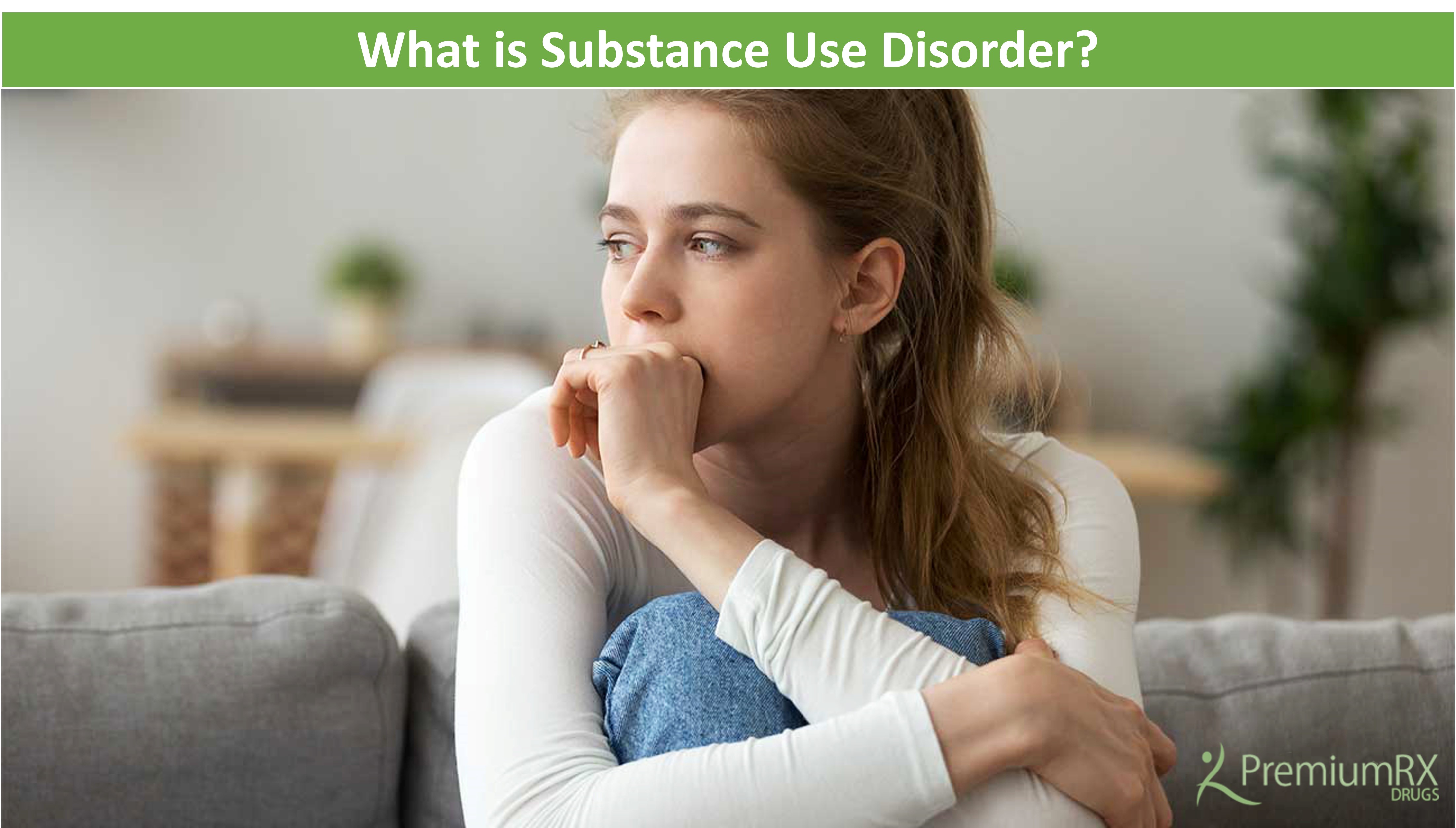Individuals dealing with the condition have an intense focus on using a certain substance such as tobacco, alcohol, or illicit drugs to the point where an individual’s ability to function in day-to-day life becomes impaired. The most severe substance use disorder (SUDs) are sometimes called addictions.
Drug addiction, also called substance use disorder, is a disorder that affects an individual’s brain and behaviour, leading to an individual’s ability to control their use of substances such as illegal drugs, alcohol, or any other medication. It is a complex condition that develops when uncontrolled use of a substance despite harmful consequences. People continue to use the substance even when they know it is causing or will cause issues. Symptoms may vary from moderate to severe, with addiction being the most severe form of substance use disorder.
There are several complications with substance dependence that present to clinicians. Detoxification can become much more problematic, to begin with.
People with SUD may have distorted thinking. Changes in brain function cause people to have intense cravings, abnormal movements, and changes in personality and behaviours. Research studies show changes in the areas of the brain that relate to judgement, learning, behavioural control, memory, and decision making.
Repeated substance use can interfere with brain functions. These changes can persist for a longer duration after the immediate effects of the substance wear off.
Causes
The exact cause of SUD is not known. A person’s genes, peer pressure, anxiety, depression, emotional distress, and environmental distress can all be factors. Many people who develop substance use problems have attention deficit disorder, depression, post-traumatic stress disorder, or other mental health issues. A stressful life and low self-esteem could also be the reason. Kids who grow up watching their parents using illicit drugs may have a high risk of developing SUD for genetic and environmental reasons.
Commonly used substances include:
- Opiates and other narcotics that are powerful painkillers cause drowsiness and sometimes intense feelings of well-being, excitement, happiness, joy, and elation. These include heroin, codeine, opium, and narcotic pain medicines that may be prescribed by a health care specialist or bought illegally.
- Stimulants are drugs that stimulate the brain cells and nervous system. These drugs include amphetamines and cocaine. An individual begins needing a higher amount of these drugs over time to feel the same effects level.
- Anti-depressants cause drowsiness and reduce anxiety. These include barbiturates, paraldehyde, benzodiazepines, and chloral hydrate. Using these drugs can lead to addiction.
- Mescaline, LSD, phencyclidine, and psilocybin can cause hallucinations and ultimately leads to psychological addiction.
- Marijuana (cannabis)
Prevention
If your health care specialist prescribes a drug with a potential for addiction, be cautious while taking the drug and following your doctor’s instructions. Health care professionals usually prescribe these medications at safe doses and amounts and monitor their use to ensure that you don’t take higher doses or longer. Please speak to your doctor if you need more than the prescribed amount.
How to prevent drug misuse in children and teenagers?
Follow these steps to help prevent drug misuse in your children and teenagers.
- Communicate to your children about the risks of drug use and misuse.
- Listen to your kids, especially when they talk about peer pressure and support them.
- Being a parent, do not misuse alcohol or addictive drugs. Children of parents who misuse drugs are more likely to develop drug addiction.
- Improve your relationship with your children. A strong bond between you and your child will reduce your kid’s risk of misusing drugs.
Conclusion
Substance-related disorders involve drugs that directly activate the brain’s reward system. The activation of the reward system typically causes feelings of pleasure; the specific pleasure feelings evoked vary widely depending on the substance. The best way to prevent drug addiction is not to take that drug.
Marie
Latest posts by Marie (see all)
- Revize Micro Gel 0.025% | Uses, Price, Side effects - April 9, 2025
- What is Evalon Cream: How to Apply, Benefit, who Can Use - April 4, 2025
- Understanding Avanair 200 mg: A Comprehensive Guide - April 4, 2025




